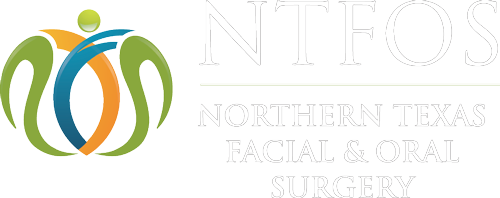 It’s a fact that most people snore whilst asleep at some point in their life. Snoring can affect a person’s quality of sleep – and those around them – but can also be harmful to the person’s health.
It’s a fact that most people snore whilst asleep at some point in their life. Snoring can affect a person’s quality of sleep – and those around them – but can also be harmful to the person’s health.
Frequent, loud snoring can be a pointer to something more serious – a condition called ‘sleep apnea’, in which the patient’s breathing frequently stops and starts during sleep.
Left untreated, sleep apnea can interrupt the person’s breathing for a few seconds at a time and these interruptions can occur many times throughout the night. Sleep apnea is a treatable condition, so if you suffer from or know someone who suffers from sleep apnea, contact our oral surgeon to learn about your options.
There are typically 3 types of sleep apnea:
- Obstructive sleep apnea –occurs when the soft tissue at the back of the patient’s throat relaxes during sleep and causing a blockage of the airway
- Central sleep apnea – occurs when the patient’s central nervous system fails to properly control the patient’s breathing
- Complex sleep apnea – a combination of obstructive and central sleep apnea
Once sleep apnea has been diagnosed, the oral surgeon they may recommend any of the following treatments. There are a range of solutions available to help alleviate the causes and symptoms of sleep apnea, both non-surgical and surgical.
Non-surgical treatments include:
- Change in diet, as excess weight can be a contributory factor in sleep apnea
- Avoiding alcohol as this can relax muscles in the throat
- Modifying the sleeping position, including elevation of the head and sleeping on one’s side
- Quitting smoking
- Wearing a dental appliance designed to prevent OSA, or a CPAP device to supply regular oxygen
Surgical treatments include:
- Surgery, including to the nasal passageways, tonsils, adenoids or removal of excess tissue at the back of the throat or inside the nose
- Enlargement of the jaw to increase the space of the upper airway
Sleep apnea has been linked to other health issues such as heart attack, high blood pressure, stroke and other potentially dangerous health conditions.
If you are affected by sleep apnea in the DFW area, contact our team at Northern Texas Facial & Oral Surgery to find out which treatment option is best for you.






